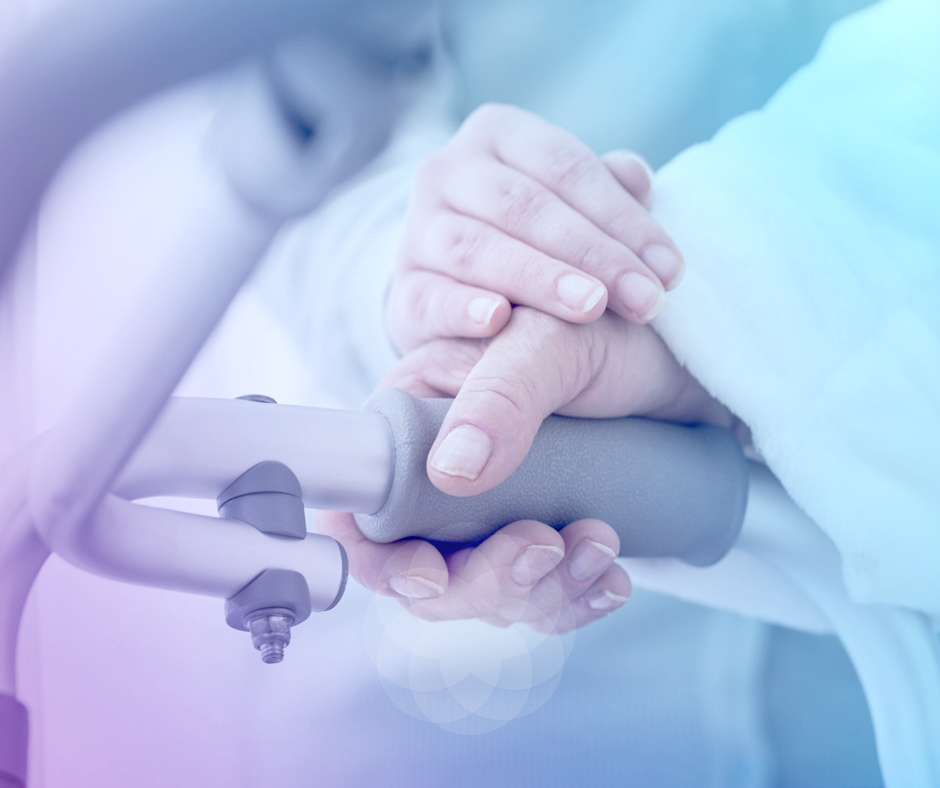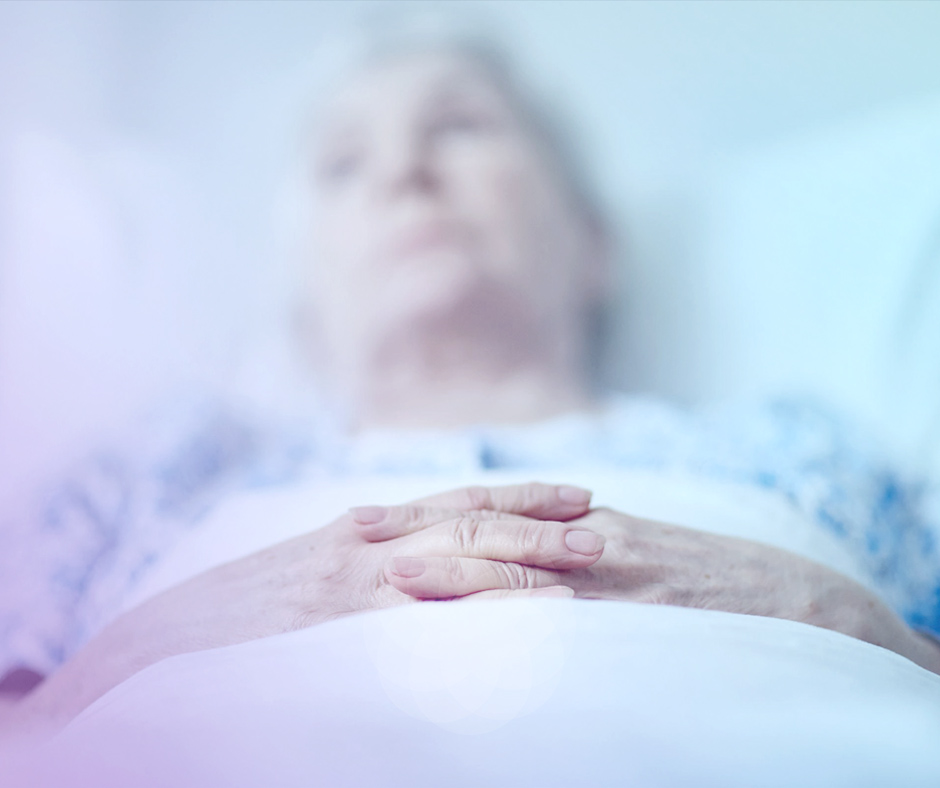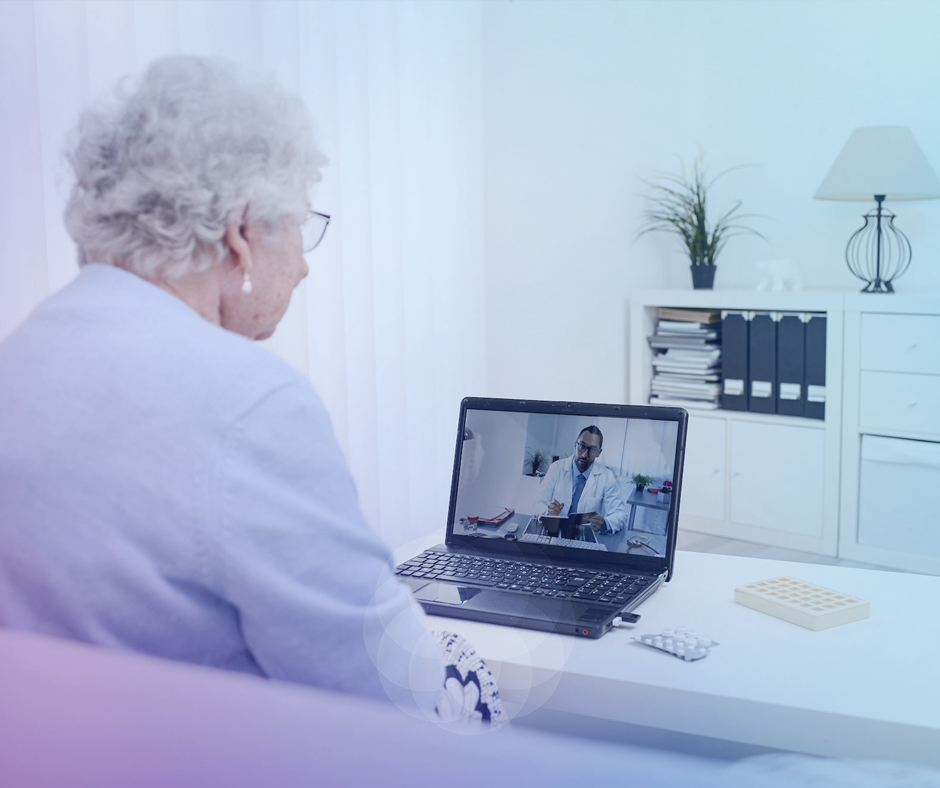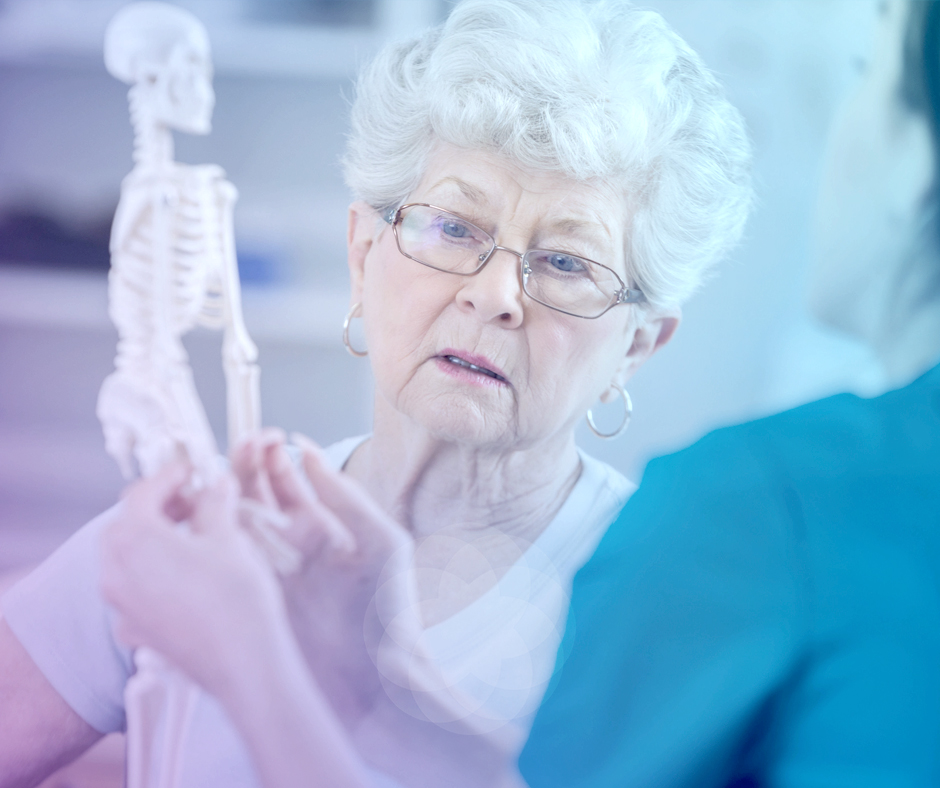
Living Well with Mobility Limitations
Mobility Limitations can be a risk factor for several conditions and lead to increased isolation and loneliness. A carer helps to make your home more accessible.
Anyone with reduced mobility, and particularly those confined to a chair or bed, are at an increased risk of developing pressure injuries. Pressure injuries occur when there is constant pressure on the soft tissue of the body and are most common where the bone is more prominent. If untreated they can lead to necrosis or death of the skin in the affected area.

Older adults are at an increased risk of developing pressure sores as our skin becomes thinner and more delicate as we age. Other risk factors include:
Pressure injuries commonly occur on the tailbone, hips, shoulders, back or sides of the head, backs or sides of the knees and in the heels, toes and ankles.
The most effective ways to prevent pressure injuries include:
A community nurse can provide skin assessments and can assist with wound care, while a carer can assist with ensuring management plans are correctly carried out.
Sign Up Free and search for support to find the care you need to keep you healthy.
SHARE
TAGS
Keep updated and safe with InPlace Care Updates

Mobility Limitations can be a risk factor for several conditions and lead to increased isolation and loneliness. A carer helps to make your home more accessible.

Many of us have had our first experiences of telehealth in the past year, as appointments that do not require a physical examination are often being conducted online during covid lockdowns.

Osteoporosis (porous bones in Latin) is a condition causing a loss of bone density which makes the bones brittle and susceptible to breaking. Osteoporosis is more common in older age.

Wandering or becoming lost is a common occurrence for people living with dementia and it can be a major cause of worry for their family and friends.
Use modern technology to service your loved ones safely to maintain their independence in their own homes at a Cost-Effective Price.
Newsletter
Join our mailing list for the latest news about our events, promos and exciting offers!
No spam, ever. Your email address will only ever be used for InPlace Care.

We know that the COVID-19 virus presents significant challenges and concerns for our clients and their families. InPlace Care have instigated many new operational actions to protect clients in the community.
OUR RESPONSE
WHAT WE HAVE DONE
WHAT WE ARE DOING
The Inplace Care worker visiting your home is taking the necessary measures to ensure you say safe.
This includes following advice from Australia’s Chief Medical Officer about when to use equipment such as masks, gloves, aprons or gowns, and protective eyewear.
Most importantly, look after yourself and keep safe.
The program will run for 4 weeks in February 2021.
The promotional FOC Care is only redeemable for new Clients that register and receive Care in February 2021.